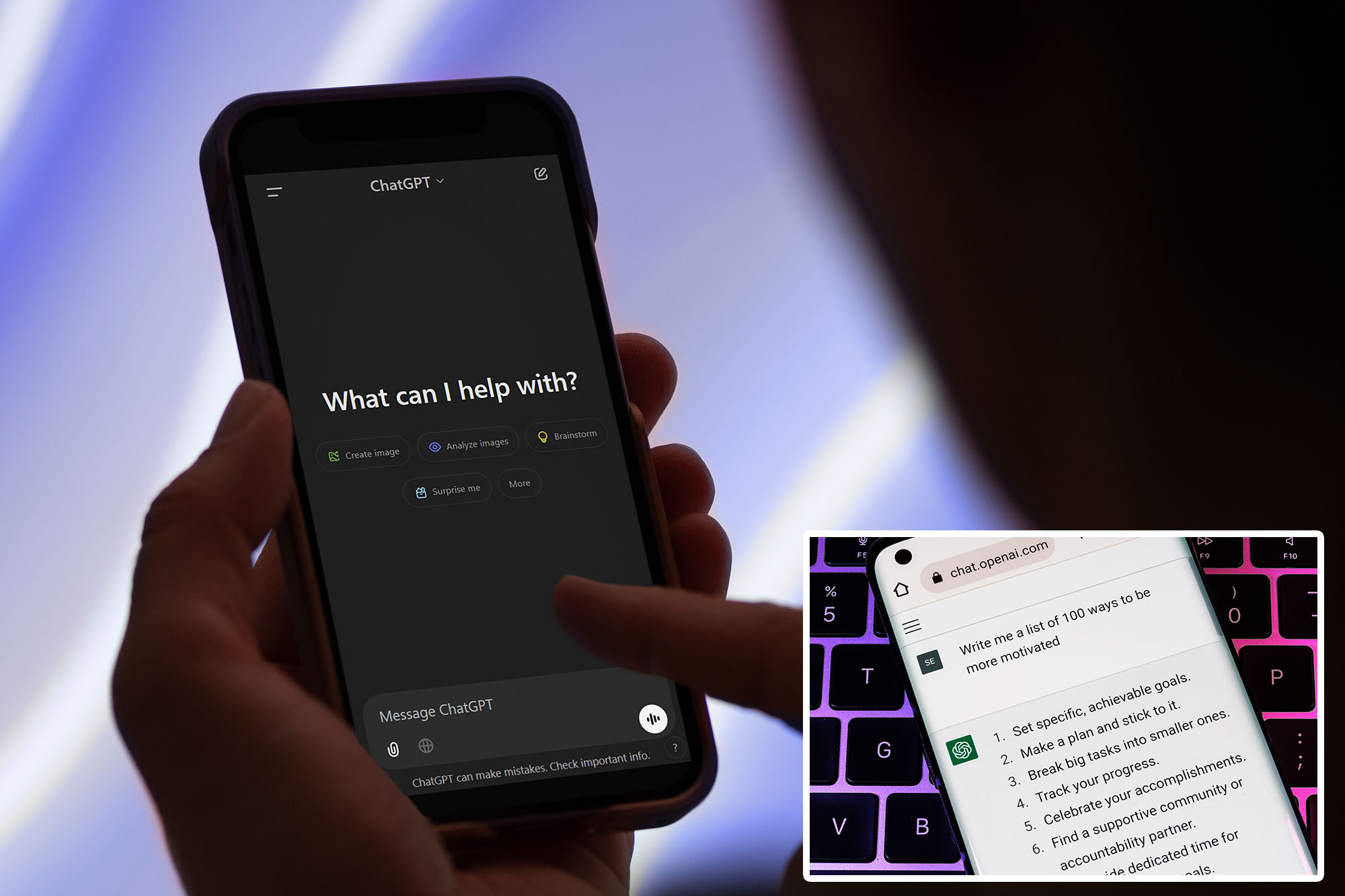Is it an artificial lack of intelligence?
Not only is the AI that it is fearsome, it also makes us more serious.
Scientists found that students using Chatgpt to complete trials had poorer cognitive skills than those who rely on their brain, according to a new dystopian study of the Massachusetts Institute of Technology (MIT) in Cambridge.
“AI confidence can lead to a passive approach and reduce the activation of critical thinking skills when the person later performs tasks only,” the researchers wrote, according to The Telegraph.
The team had set out to determine the “cognitive cost” of using large language models (LLMS), which have become more and more ubiquitous in all sectors of society, including the academic field. According to a Pew Research Center winter survey, about 26% of adolescent students used the AI Chatbot to help them with tasks by 2024, up to 13% by only 2023.
To determine how the use of synthetic task attendees affects the mind, MIT researchers commissioned 54 people to write various SAT essays, reported Time Magazine. The participants were divided into three groups: one that trusted in pure brain power, one used by Google and a third party that enlisted the help of Ara-Ubquit Llm Chatgpt.
Each person was equipped with an electroencephalography device (EEG) so that researchers could supervise their brain activity as long as they did the task.
They found that the Chatgpt group “led to worse than their counterparts in the group only at all levels: neural, linguistic, score”, according to The Telegraph.
The readings also showed a reduced activity in the brain regions associated with memory and learning, said the authors, saying that a lot of “thought and planning” was unloaded.
In fact, AI’s help scholars became more managed with each subsequent document to the point that they were simply writing the request to Chatgpt in the third trial and did all the work.
“It was more like:” Give the essay, refine this phrase, edit, “I have finished,” said the lead author of the role, Nataliya Kosmyna.
In contrast, essayists without external help demonstrated the highest levels of neuronal connectivity, especially in the brain regions responsible for understanding language, creativity and memory.
The group only was also more engaged and satisfied with its rehearsals, according to the study.
Interestingly, the Google group showed slightly lower levels of commitment, but the same amount of memory, a perhaps worrying perspective, given the growing number of people looking for research through and instead of Internet search engines.
The researchers deduced that “frequent tools users and often overlook their commitment to the material, giving rise to” atrophy of skill “in tasks such as brainstorming and problem solving.”
This could have long-term branches, including “decrease in critical research, increased vulnerability to manipulation” and “decrease in creativity,” said the authors.
Fortunately, the findings were not a total accusation of the AI at the academic field.
As a follow -up exam, scientists asked the Chatgpt Group and their brain counterparts to rewrite one of their previous trials, but Ai -attended participants did so without the chat, while the non -attended group could use the cut -out technology.
It is not surprising that the original Chatgpt group did not remember much information about its roles, which indicated a lack of commitment or an inability to remember it.
In the meantime, the old group only showed a marked increase in brain activity in all the aforementioned regions despite using the tool.
This suggests that if it is used correctly, the AI could be a useful academic tool instead of a cognition mullet.
Warning about Ai -induced brain atrophy comes, a little scary, as technology is becoming more “smart”.
Chinese researchers recently found the first evidence that AI models as the Chatgpt process process information similar to the human mind, especially when it comes to grouping linguistic.
#Chatgpt #smarter #excessive #destroy #brain #warn #study
Image Source : nypost.com
